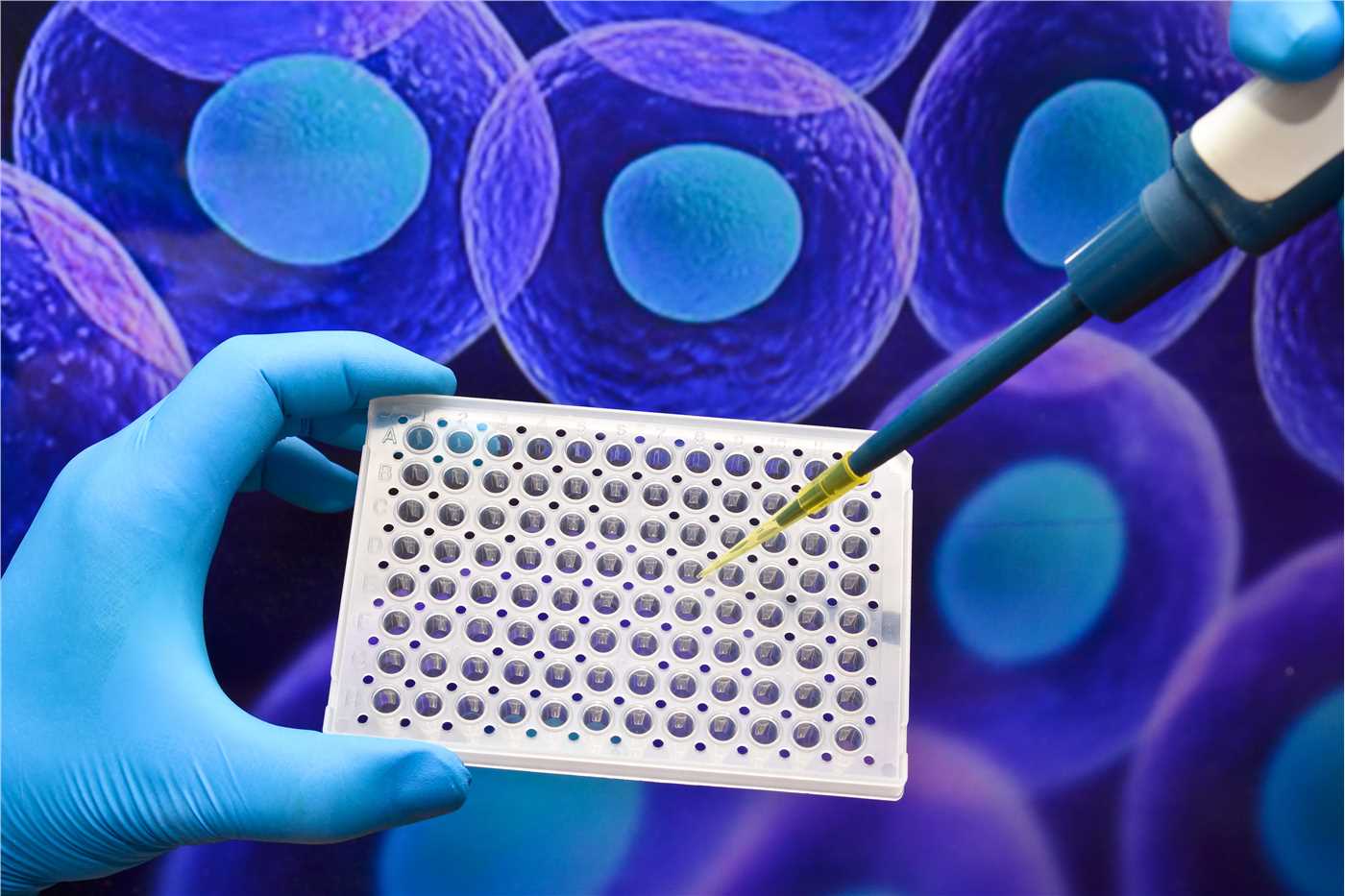In Vitro Toxicity Test Services
With vast experience and leading technology platforms, experts in Creative Biolabs are pleased to introduce our impeccable service portfolio of in vitro toxicity test for early lead optimization.
Toxicity assessment poses a crucial part in drug safety profiles, which is the major cause of development termination and market withdraw. Hence, it is essential to evaluate the toxicology potential of drug candidates at an early stage to save time and resource investment. As the evolving technologies of in vitro screening and modeling, various in vitro assays emerge as a rapid, high-efficient and cost-effective choice of estimating drug safety risks recommended by most regulatory authorities. Focused on the increasing need and latest guidelines, Creative Biolabs has brought out this integrated in vitro toxicity testing service using a panel of assays to our global clients, which includes the following features:
- High throughput toxicity screening: to synchronously analyze and compare multiple candidates, as well as to evaluate individual dose-dependent bioactivity.
- High content analysis: capable of providing multi-parametric and endpoint evidence to capture complicated toxic properties.
- Well-established in vitro models: highly predictive for in vivo conditions, including 3D-based cell culture, microtissue, cell-derived monolayers, etc.
- A broad spectrum of assay systems: covering most of in vivo toxicity events.
- Customized protocols: tailored and designed to address different issues.
- Comprehensive data and full submission quality reports, which can be delivered in short time.

Our in vitro toxicity testing service consists of the following aspects:
We conduct cytotoxicity estimation using a panel of cell proliferation and viability tests, which can be sorted into four types by different endpoints:
- Functional assays: assessment of ATP, ADP, ATP/ADP ratios.
- Cytology/Membrane leakage assays: LDH, AK test.
- Mitochondrial assays: MTT, MTS, XTT.
- Genomic/Proteomic assays: BrdU test.
Compounds interacting with cellular DNA can cause severe gene toxicity, leading to cancer or even inheritable defects. Creative Biolabs employs a full range of genotoxicity liability detection methods under both Good Laboratory Practice (GLP) and non-GLP (OECD-compliant) conditions:
- Mutation test in bacteria and mammalian cell lines
- Chromosome aberrations
- Micronucleus assay
Cardiotoxicity represents one of the major concerns during drug development. Incorporated with iPS/ES-derived cardiomyocytes and in silico techniques, our scientists perform multiple high throughput tests for identifying compounds that potentially interfere with cardiac physiology or functions.
- Ion channel assay
- hERG screening
- Cardiac action potential assay
- In silico 3D-based structural model
Heavily involved in drug metabolism and detoxification, the liver is the primary victim of drug toxicity. Combined with high content analysis, Creative Biolabs developed two hepatotoxicity evaluating models to minimize the liability of drug-induced liver injuries.
- Cell-based hepatotoxicity assay: human primary hepatocyte (HPH) and human hepatocellular carcinoma cell line (HepG2).
- 3D-based microtissue assay
Given the unneglectable adverse effects of ocular toxicity, estimation of ophthalmic hazard is also an essential step required for IND submission. We are able to conduct:
- Ocular irritation test
- Short time exposure (STE) for severe eye damage
Creative Biolabs is professional in delivering comprehensive in vitro toxicity profiles to help you identify and select the optimal compounds for your drug discovery program.
For more detailed information, please feel free to contact us or directly sent us an inquiry.
For Research Use Only.
